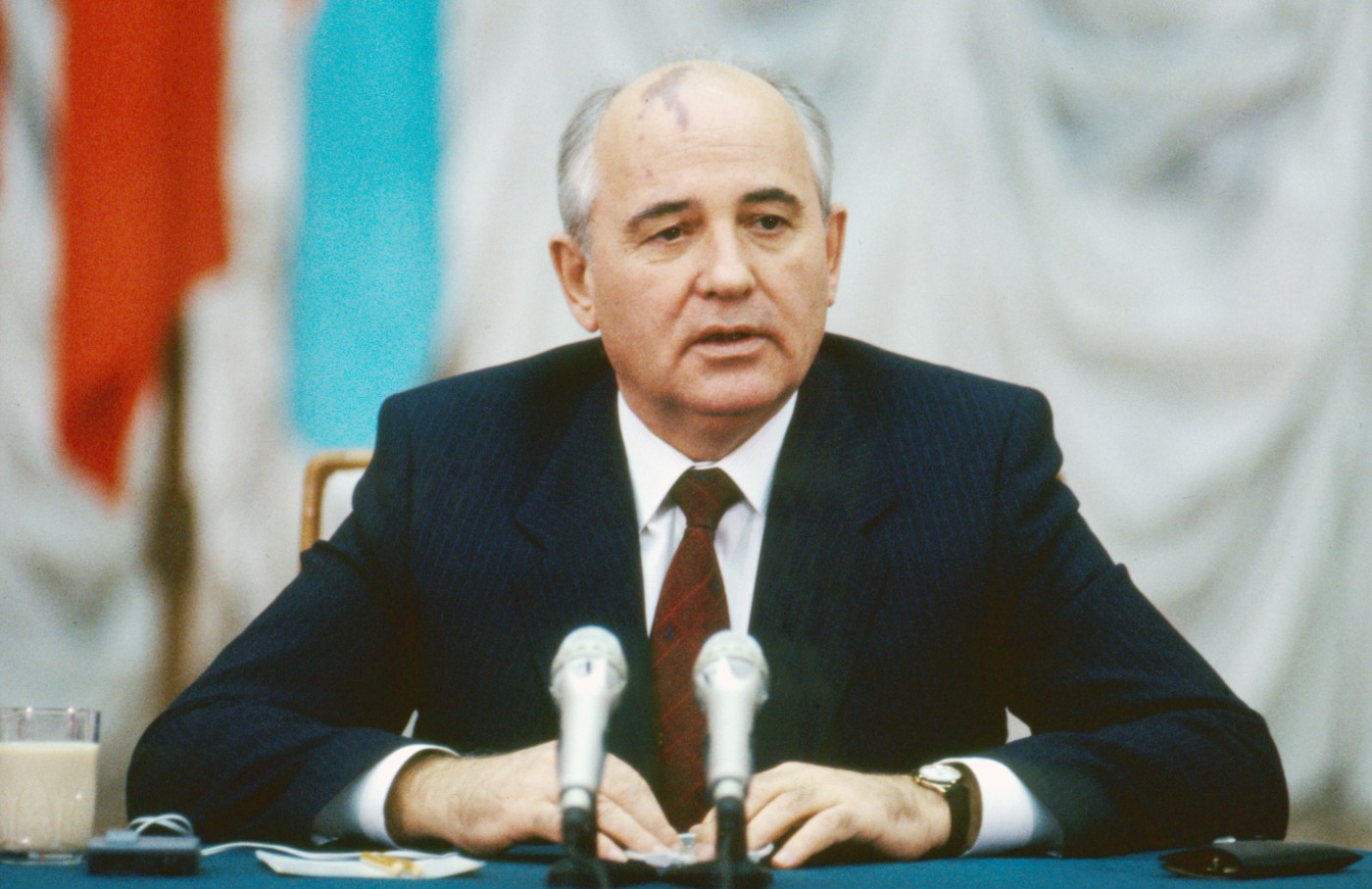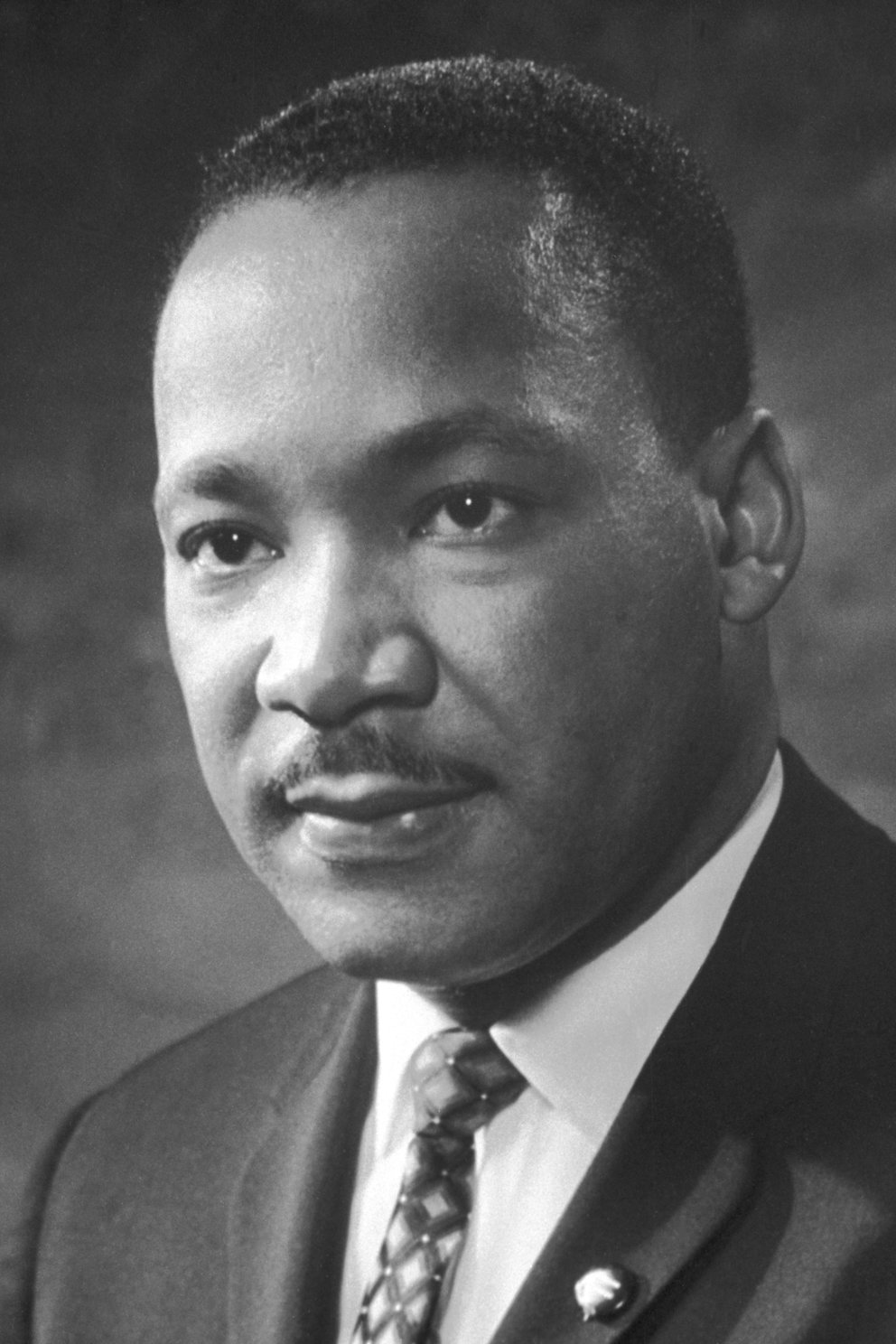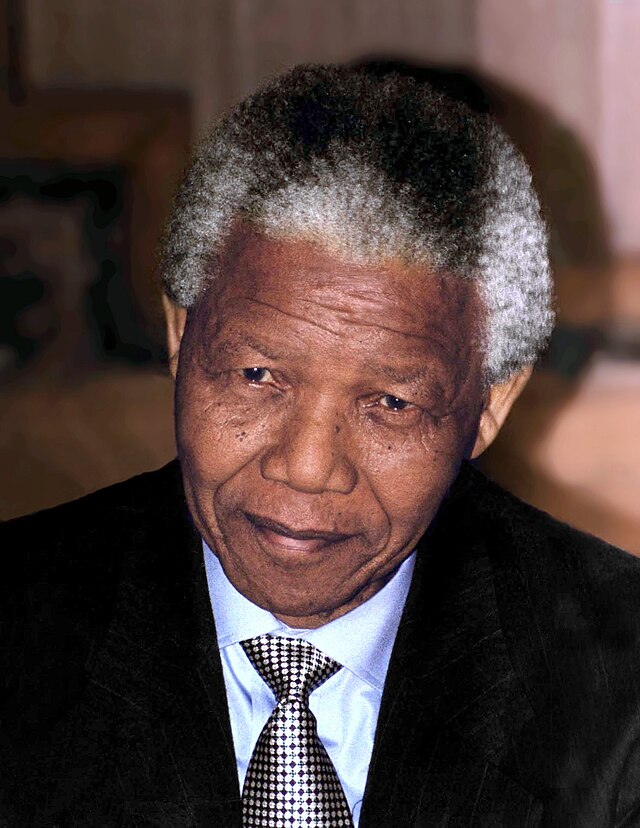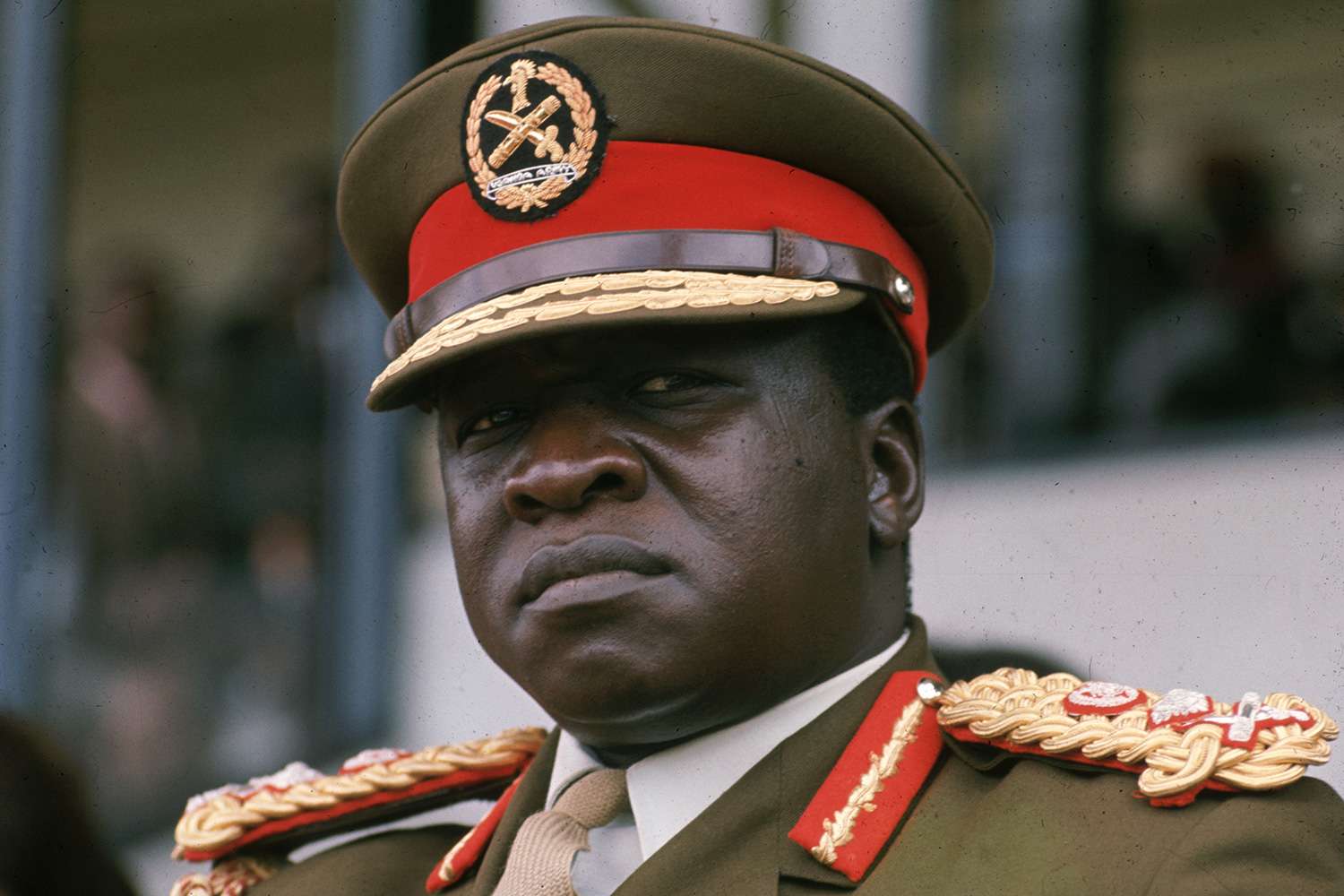8.7-8.8 "End of the Cold War"
1/13
There's no tags or description
Looks like no tags are added yet.
Name | Mastery | Learn | Test | Matching | Spaced |
|---|
No study sessions yet.
14 Terms
1968
Year of widespread global protests led largely by educated youth concerning anti-war, civil rights, and anti-communism. Significance: Echoed earlier revolutionary moments (like 1848), marking a global wave of civil disobedience in both capitalist and communist societies.
1989
Pivotal year when communist regimes across Eastern Europe fell and the Berlin Wall was brought down. (Same year, but unrelated, the Tiananmen Square massacre occurred in China.) Significance: Marked the unraveling of the Soviet sphere, signaling the end of the Cold War and a global turn toward liberal capitalism (Unit 9).
1991
Official end of the Soviet Union after Gorbachev’s resignation; Russia emerged as an independent state under Boris Yeltsin. Significance: Closed the Cold War era and reshaped global power structures, ending decades of bipolar tension.
détente
Period of eased Cold War hostility between the U.S. and USSR (late 1960s–1970s). Significance: Reflected mutual interest in avoiding nuclear war, but its collapse signaled renewed U.S. aggression under Reagan and a shift in Cold War tactics.
Glasnost
Gorbachev’s policy of political openness and press freedom (1986–1991). Significance: Encouraged critique of the Soviet government, contributing to rising nationalism and unrest across the USSR.
IRA (Irish Republican Army)
Paramilitary group fighting British rule in Northern Ireland, primarily Catholic in composition. Significance: Key player in The Troubles, a violent post-colonial conflict rooted in religious and national identity.
Perestroika
Gorbachev’s economic restructuring program to revive the stagnant Soviet system (1986–1991). Significance: Weakened centralized control, unintentionally accelerating the collapse of the Soviet economy.
SALT (Strategic Arms Limitation Talks)
Series of negotiations aimed at limiting nuclear weapons between the U.S. and USSR. Significance: Represented attempts to control the arms race.
Solidarity
First independent labor union in a Soviet bloc country, founded in Poland. Significance: Challenged Soviet control and sparked broader resistance movements, helping bring about the end of communism in Eastern Europe.
Soviet-Afghan War
USSR’s unsuccessful invasion of Afghanistan (1979–1989). Significance: Costly Cold War proxy war that weakened the USSR, emboldened U.S.-backed rebels, and created conditions for future extremism.

Mikhail Gorbachev
last leader of the Soviet Union (1985-1991). He attempted but was unable to rectify the economic and political stagnation of the USSR, which collapsed in 1991.

Martin Luther King Jr.
extraordinarily influential non-violent US Civil Rights leader who promoted equality for African Americans. Assassinated, 1968.

Nelson Mandela
South African anti-apartheid revolutionary and political leader who served as the first president of South Africa after serving 27 years in prison for his work as an activist.

Idi Amin
led a military coup and installed himself as Ugandan "president" (aka. military dictator) from 1971-1979. He never faced trial for the the atrocities he committed against the Ugandan the people. aka. “Butcher of Uganda”